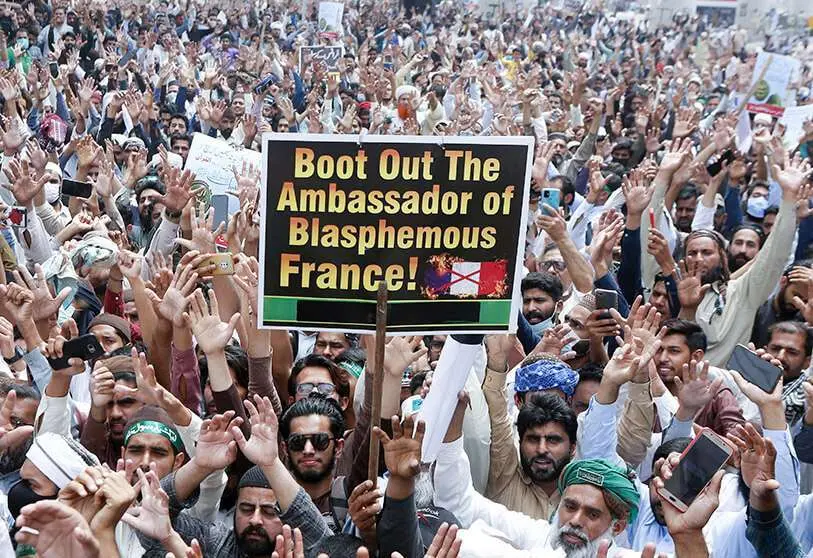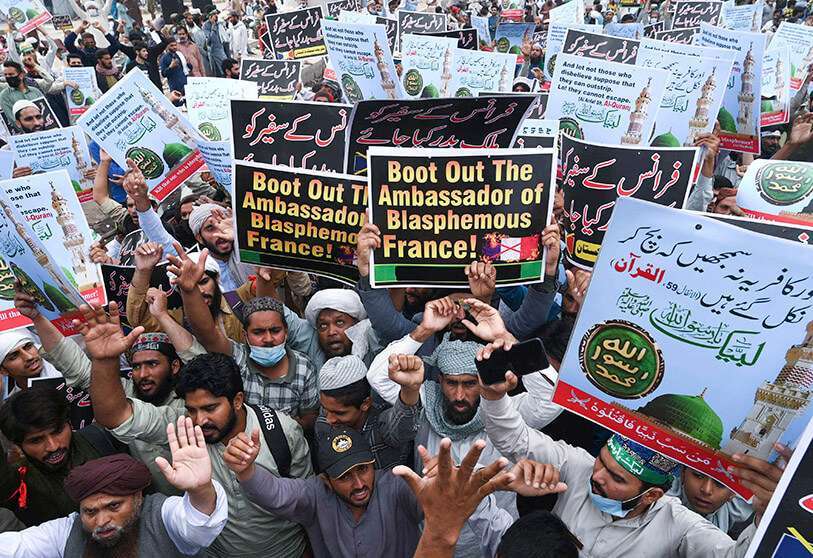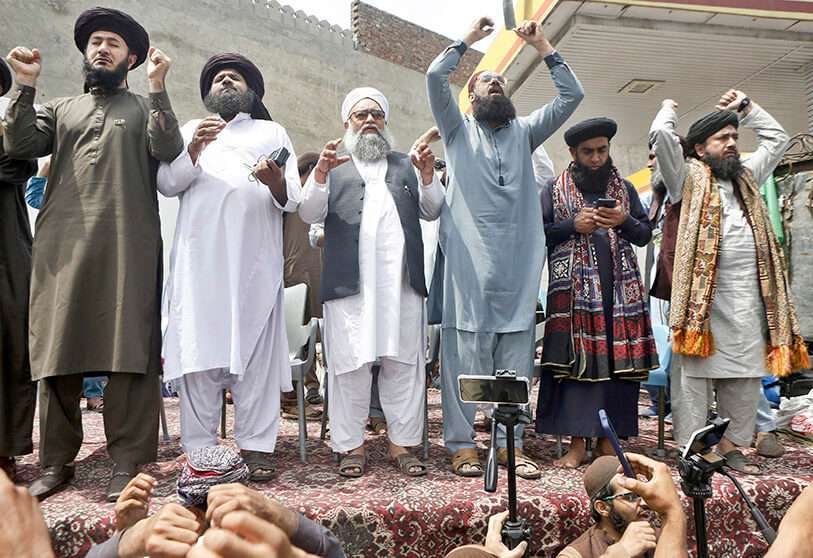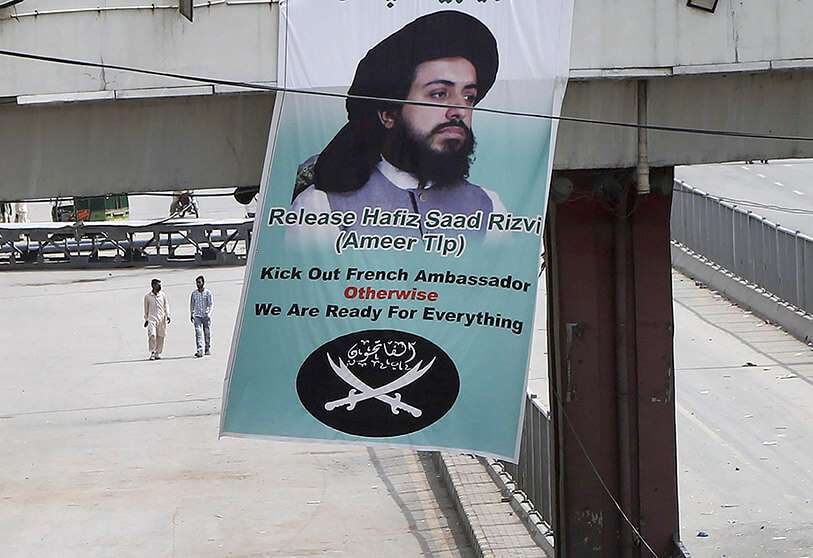The explosion of anti-French sentiment in Pakistan

Pakistan has experienced weeks of violent protests that began on the 12th after the arrest of TLP leader Saad Rizvi for issuing an ultimatum to the government to expel the French ambassador and cut diplomatic relations with France. Thousands of TLP leaders blocked roads across the country and paralysed activity in many places, while clashing with police, causing several deaths and numerous injuries.
The TLP was founded in 2015 by Khadim Hussain Rizvi, father of the current leader. Its main argument is to protect Islam and condemn blasphemy against the religion. It also advocates the imposition of Sharia law in the country. In 2017 the group secured the resignation of Justice Minister Zahid Hamid after blockading Islamabad with protests. The TLP considered the minister a "blasphemer". They also protested against the acquittal of Christian Asia Bibi, who was sentenced to death for allegedly insulting the Prophet Muhammad. In recent years the group's top leaders have been killed in US attacks, as it is considered a terrorist group in Washington. The organisation is supported by the Pakistani Taliban. In 2020 the government reached an agreement with the TLP, but due to Imram Khan's stance on confrontation with France, protests have resumed.

The TLP is calling for the expulsion of the French ambassador from Islamabad months after the controversy over Emmanuel Macron's remarks. Tensions with France began in October last year over comments about Islam by French President Emmanuel Macron, who said at the funeral of a teacher beheaded by a radical that the country is secular and that "all caricatures have a place". These words infuriated the most Islamist sectors in Pakistan, including the TLP party and its supporters. The Pakistani government also rejected the French president's remarks, backing a boycott of French products. However, the confrontation between Islamabad and Paris remained a diplomatic crisis, while the TLP continued its protests against France, becoming increasingly violent. Because of Prime Minister Imram Khan's stance, the Islamist group's hatred also spread to the country's own government. Saad Rizvi, leader of the TLP, even threatened the government if it did not expel the French ambassador.

Pakistani Prime Minister Imran Khan then accused the French leader of attacking and hurting the feelings of millions of Muslims around the world, and protests broke out in Pakistan. Islamists then ended the protests after announcing an agreement with the government to expel the French ambassador and sever relations with France, a pact they now say is not being honoured. The announcement comes after Pakistani Prime Minister Imran Khan said in a televised speech that expelling the French ambassador over the controversial cartoons would only hurt Pakistan. Khan argued that cutting off relations with the European country would lead to lower exports, higher unemployment, factory closures, higher inflation and increased poverty.
Blasphemy is a sensitive issue in Pakistan, the second most populous Muslim country with nearly 220 million people, where even unproven accusations of offending Islam can lead to killings and lynchings. The depiction of prophets is strictly forbidden in Sunni Islam. Ridiculing or insulting the Prophet Muhammad is punishable by death in some Muslim countries, including Pakistan. After this decision, it is expected that the protests will not end, indeed, it is likely that citizens sympathetic to the TLP will violently demonstrate their rejection.

In this context, the French Embassy, around which security has been reinforced, recommended on 15 April that its nationals and French companies "temporarily leave" Pakistan because of "serious threats" to French interests in the country. A call that seems to be ignored for the time being.
In 2020, 445 people in Pakistan were registered as French citizens residing in the country. However, registration is not compulsory and this figure does not necessarily reflect the exact number of French nationals living there. According to the embassy, thirty-five French companies are present in the country, mainly large groups active in the energy, pharmaceutical, distribution, shipping and public construction sectors. The organisation has announced that the protests will continue until the French ambassador is expelled and Rizvi is released. The French embassy in the country has advised its citizens to leave Pakistan as soon as possible in the face of the response of the TLP supporters.








